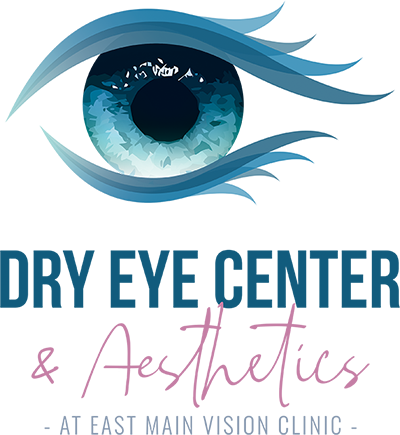September 20, 2023

Dry eyes, a condition characterized by a lack of sufficient lubrication in the eyes, is surprisingly common, especially among older adults. Symptoms include a stinging or burning sensation, sensitivity to light, redness, and a feeling of having something in your eyes. Many factors can contribute to this condition, including age, certain medications, and environmental conditions. One factor that many people may not consider is hormonal changes, especially those that occur during menopause.
Understanding Menopause: Hormonal Changes
Menopause is a significant milestone in every woman's life. It's a phase that signifies the cessation of menstrual cycles and the end of her reproductive years. This phase is marked by a decrease in the production of hormones such as estrogen and progesterone. As these hormones play vital roles in various body functions, their decrease can lead to several changes, including hot flashes, night sweats, mood changes, and, of course, dry eyes.
Estrogen is critical for maintaining the health and function of numerous tissues, including those in the eyes. It helps maintain the thin layer of fluid that coats the front surface of the eyes, protecting them and keeping them moist. A decrease in estrogen levels, therefore, can disrupt this balance, leading to dry eyes.
Progesterone, on the other hand, plays a role in regulating the immune response, including the inflammation that can occur in dry eyes. Lower levels of this hormone during menopause can also contribute to the development of dry eyes.
The Connection Between Hormones and Dry Eyes
The eye is a complex organ that requires a delicate balance of various factors to function properly. One of these factors is the tear film, a thin layer of fluid that coats the front of the eye, keeping it moist and protecting it from damage. This tear film is composed of three layers: the lipid (oil) layer, the aqueous (water) layer, and the mucin (mucus) layer.
Hormones, particularly estrogen and progesterone, play a critical role in maintaining this tear film. They help regulate the production and quality of the tears, ensuring that the eye remains moist and healthy. When the levels of these hormones decrease during menopause, it can disrupt the balance of the tear film, leading to dry eyes.
Studies Linking Dry Eyes and Menopause
Several studies have explored the link between dry eyes and menopause, and their findings reinforce what we've been discussing so far.
For instance, a study published in the American Journal of Ophthalmology found that postmenopausal women were more likely to report symptoms of dry eyes compared to premenopausal women. Another study published in Menopause found that dry eye syndrome was significantly more prevalent in women who had undergone menopause compared to those who had not.
These studies point towards the significant impact of hormonal changes during menopause on the development of dry eyes. They highlight the need for increased awareness and understanding of this connection, as well as the need for targeted treatments for menopausal women suffering from dry eyes.
When to See Your Eye Doctor
If you're experiencing symptoms of dry eyes, particularly if you're going through menopause, it's important to consult with an eye care professional.
Symptoms of dry eyes, such as persistent dryness, burning, stinging, or sensitivity to light, can significantly impact your quality of life. They can make it difficult to perform everyday tasks, such as reading, driving, or working on a computer. Untreated dry eyes can lead to more serious complications, such as damage to the front surface of the eye.
Conclusion
It's important to remember that while menopause is a natural part of life, suffering from dry eyes doesn't have to be. With the right treatment and management strategies, you can alleviate the symptoms of dry eyes and continue to live a fulfilling and active life.
The link between dry eyes and menopause is clear. Hormonal changes that occur during menopause directly impact the health and function of the eyes, leading to dry eyes. Understanding this connection is key to managing this condition and maintaining your eye health during and after menopause.
For more on the link between hormonal changes, such as menopause, and dry eye, call East Main Vision Clinic in Puyallup at (253) 780-0700 to discuss any dry eye questions or to schedule an appointment today.



